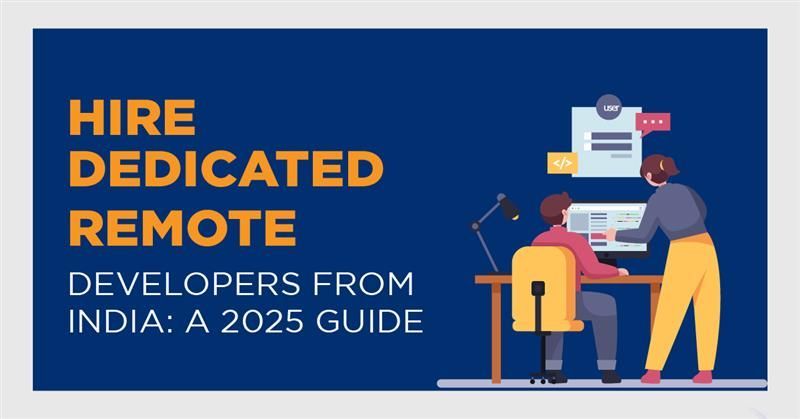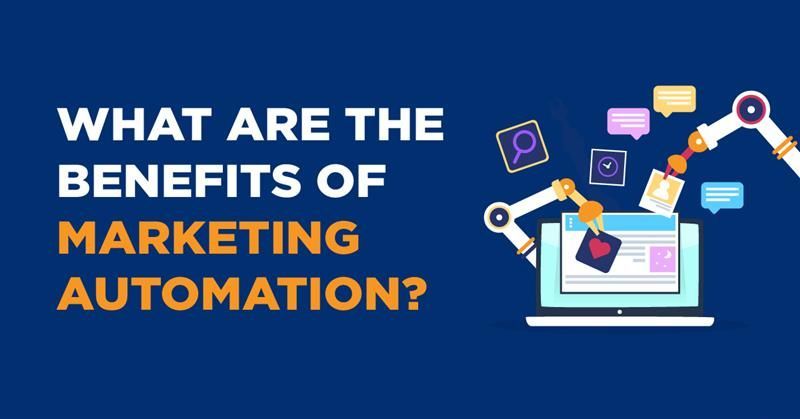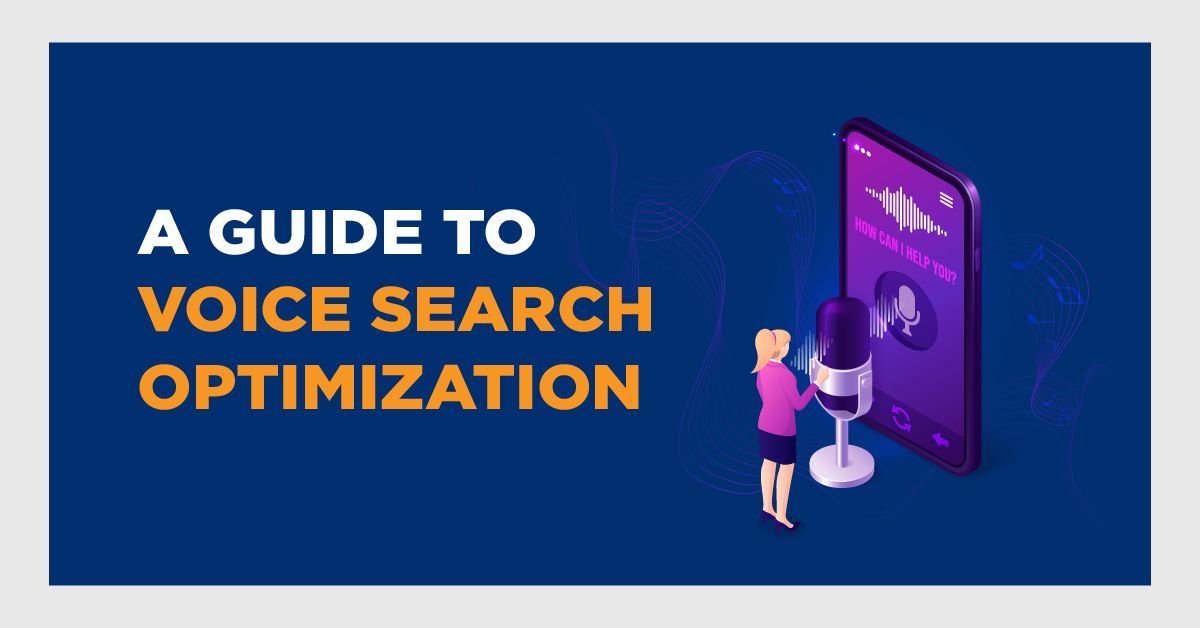What Do Google Algorithm Updates Mean for Marketers and Brands?
October 16, 2024

What Do Google Algorithm Updates Mean for Marketers and Brands?
Google algorithm updates are critical for marketers and brands because they directly impact how websites rank on search engine results pages (SERPs). Here’s a breakdown of what these updates mean and why they matter:
1. Changes in Ranking Factors
Google’s algorithm updates often involve changes to how different factors are weighted in determining rankings. These updates can prioritize things like:
- Content quality (relevance, depth, originality)
- Mobile-friendliness (responsive design)
- Page experience (load speed, interactivity, visual stability)
- Security (HTTPS usage)
- User intent and behavior (click-through rates, bounce rates)
Impact
: If your site doesn't meet the newly emphasized criteria, your ranking could drop, resulting in less visibility and traffic.
2. Emphasis on User Experience (UX)
Updates like the
Core Web Vitals
are specifically designed to ensure that websites offer a great user experience. Google wants users to have a smooth experience, so updates target metrics like load time, interactivity, and visual stability.
Impact
: Brands must focus not just on content but also on technical aspects of their website, ensuring that pages load quickly and provide an excellent user experience.
3. Focus on Quality and Relevance
Many updates, such as
Google’s Panda
or
Helpful Content Update
, focus on filtering out low-quality, irrelevant, or spammy content. Google rewards sites that consistently publish high-quality, relevant content.
Impact
: Marketers must create valuable content that directly addresses users' needs. Simply using SEO tricks like keyword stuffing no longer works and can lead to penalties.
4. Mobile-First Indexing
With the shift to
mobile-first indexing
, Google predominantly uses the mobile version of a website for ranking and indexing. This change reflects the rise in mobile device usage.
Impact
: Brands must ensure their mobile site is as robust and user-friendly as their desktop version. A poor mobile experience can lead to lower rankings, even if the desktop version is optimized.
5. E-E-A-T (Experience, Expertise, Authoritativeness, Trustworthiness)
Google evaluates websites on these factors, especially for “Your Money or Your Life” (YMYL) pages, which include finance, health, and legal advice. It seeks to rank authoritative, trustworthy, and expert sources higher.
Impact
: Marketers and brands must focus on building credibility and trust. This can be done by publishing expert content, earning backlinks from reputable sites, and maintaining a professional online presence.
6. Impact on Paid Search and SEO Strategy
Algorithm updates also impact
SEO
(organic search rankings) and paid search (PPC) strategies. If an update causes rankings to drop, brands may have to increase spending on paid search campaigns to maintain visibility.
Impact
: Diversifying traffic sources and combining paid search with SEO efforts becomes crucial to mitigate the risks of losing organic traffic.
7. Need for Continuous Adaptation
Google updates its algorithm frequently, often multiple times a year. Major updates like
Penguin
(which focuses on backlinks) or
Hummingbird
(semantic search) can significantly change how brands approach search engine optimization (SEO).
Impact
: Marketers need to continuously monitor their website performance, keep up with SEO best practices, and stay informed on Google’s updates. Failure to adapt can lead to a loss of rankings and traffic.
Key Takeaways for Marketers:
- Stay Updated : Google frequently releases updates, both large and small, so keeping up with changes is crucial.
- Adapt Quickly : When a new update affects your rankings, quick adjustments to your SEO, content, or user experience strategies are necessary.
- Focus on Quality : Always emphasize high-quality content that aligns with user intent. Avoid outdated SEO tactics that could harm your ranking.
- Invest in UX : Page experience metrics like Core Web Vitals are increasingly important for ranking.
Conclusion
For marketers and brands, keeping an eye on Google’s algorithm updates is essential for maintaining and improving search visibility and ensuring long-term success in organic search.










